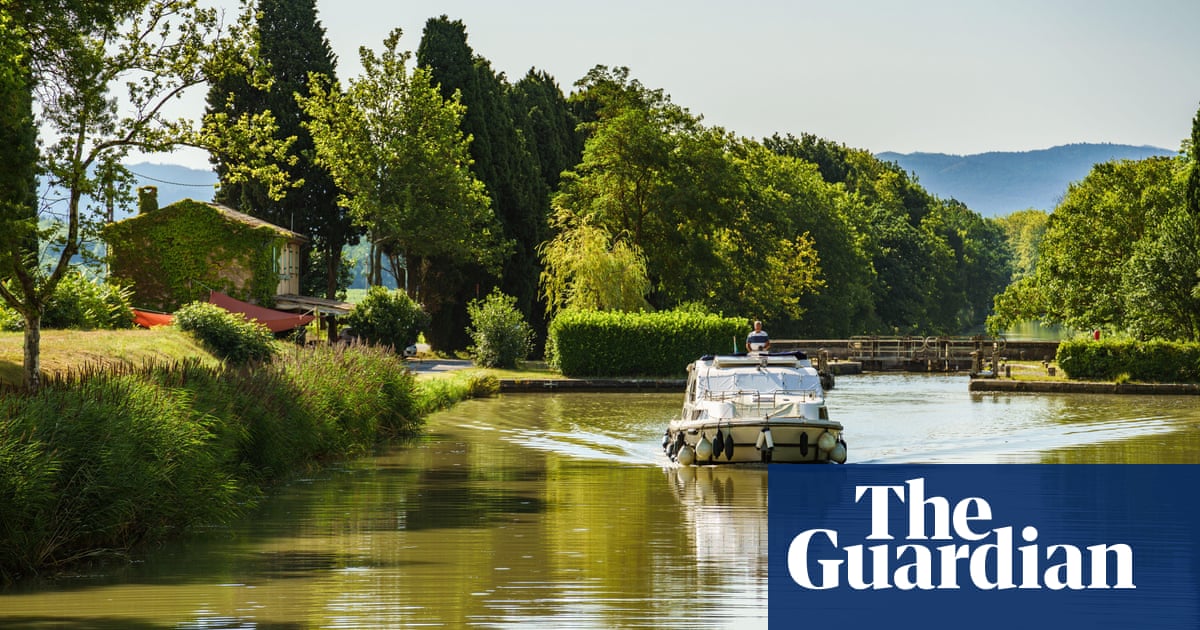This article invites readers to share their experiences and tips for enjoyable boat trips in the UK and Europe. It emphasizes the charm of slow travel, highlighting the unique opportunity to connect with nature and local cultures while exploring various waterways. The competition element, with a £200 voucher prize, encourages participation and engagement from the audience, aiming to collect a variety of personalized travel tips.
Community Engagement and Perception
The article aims to foster a sense of community among travelers and outdoor enthusiasts. It encourages individuals to share their stories, which not only promotes collective knowledge but also enhances the idea of exploring lesser-known destinations. By framing the competition in a personal and relatable way, it seeks to create a positive perception of boating as a leisurely and enriching experience.
Transparency and Information Control
There is no apparent indication that the article intends to hide or obscure information. Instead, it appears to be transparent about the competition rules and requirements, including the restriction to UK residents. This transparency helps build trust with the audience, as it clearly outlines how to participate and what to expect.
Assessment of Authenticity
The authenticity of the content seems strong, as it reflects real travel experiences and promotes genuine interaction. The emphasis on personal tips suggests a grassroots approach to travel recommendations, contrasting with commercial travel promotions that might lack personal touch.
Comparative Analysis with Other Articles
While the article stands out as a community-driven initiative, it aligns with broader trends in the travel industry that emphasize experiential travel over traditional tourism. This approach is part of a larger movement towards sustainable and meaningful travel experiences, contrasting with the more commercialized narratives often found in travel journalism.
Potential Societal and Economic Impacts
Engaging the public in sharing travel tips can stimulate interest in local tourism, potentially benefiting small businesses and communities along popular waterways. This could lead to an economic boost in regions that are often overlooked by mainstream tourism. Increased interest in boating could also promote environmental awareness and encourage more sustainable travel practices.
Target Audience
The article is likely to resonate with outdoor enthusiasts, families, and individuals seeking unique travel experiences. It appeals particularly to those who appreciate the slower pace of travel and enjoy immersing themselves in nature and local culture.
Market Influence
While the article may not have a direct impact on stock markets, it could influence companies within the travel and tourism industry, particularly those involved in boating, outdoor activities, and local accommodations. Increased interest in boating trips might prompt businesses to adjust their marketing strategies and offerings accordingly.
Global Context
The article does not directly address global power dynamics. However, it reflects a growing trend towards eco-friendly and sustainable travel, which is relevant in today’s discussions about environmental conservation and responsible tourism.
Artificial Intelligence Considerations
There is no evidence to suggest that AI was used in the creation of this article. The tone and style reflect a human touch, focusing on personal stories and community engagement, which would be challenging for AI to replicate authentically.
The article does not appear to contain manipulative elements; rather, it seeks to connect with readers through genuine engagement and shared experiences. The language used is inviting and encourages participation without alienating any group.
In conclusion, this article serves as a catalyst for community engagement in travel experiences, promoting local tourism and sustainable practices while remaining authentic and relatable to its audience.
